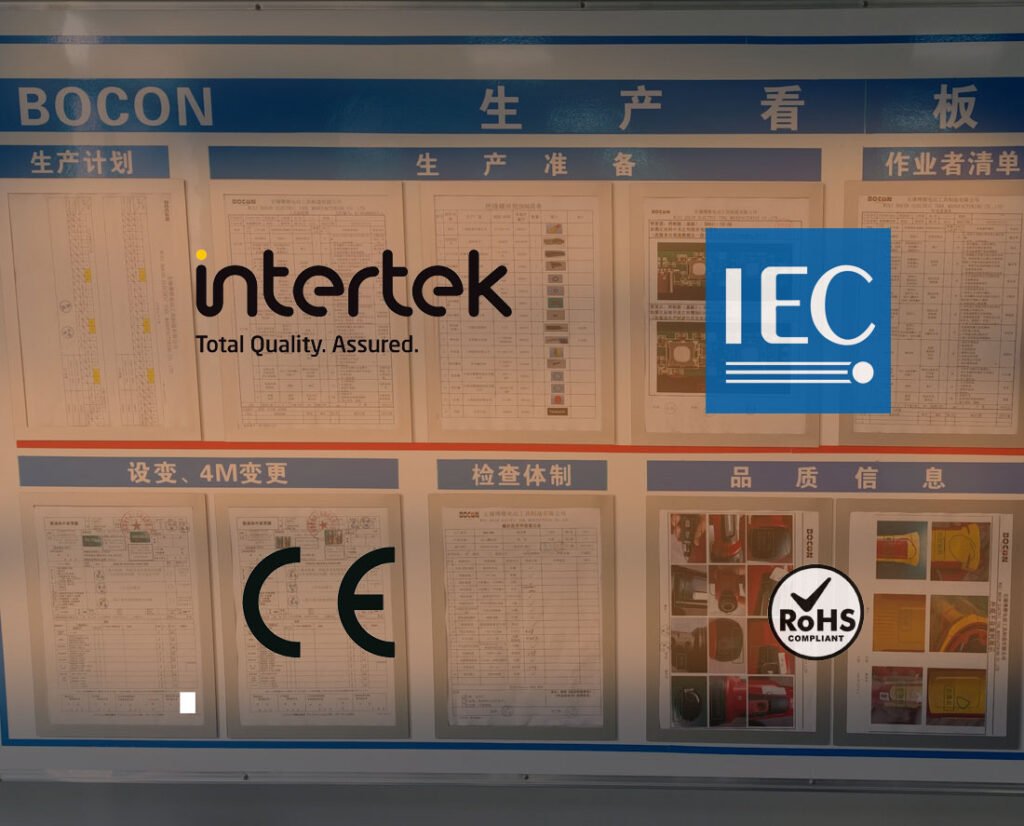When you’re in the market for a new cordless power tools supplier, the stakes are high. Your business’s efficiency, productivity, and even profitability can hinge on the quality of the tools you use and the reliability of the supplier you choose. So, how do you sift through the options and find the right partner for your business? Here’s a conversational guide to help you evaluate the quality of a cordless power tools supplier.
Understanding Your Needs
Before diving into evaluations, it’s essential to understand your specific needs. Are you looking for tools to support a large-scale construction project, or are you a smaller operation needing a reliable supply for everyday tasks? Different suppliers cater to different scales and types of demand. Start by making a list of what’s most important for your business. This could include factors like price, tool variety, durability, or even after-sales support.
Key Points to Consider
1. Reputation and Reviews
Reputation matters. Start by researching potential suppliers online. Look for reviews from other businesses. Websites like Google Reviews, Yelp, and industry-specific forums can provide valuable insights. Pay attention to patterns in the feedback. Are there consistent complaints about delivery times or product quality? Or do most reviews praise their customer service and tool reliability?
2. Product Quality
The core of your evaluation should be the quality of the tools themselves. High-quality cordless tools are durable, efficient, and safe. Here are some aspects to consider:
- Durability: Can the tools withstand heavy use over time without significant wear and tear?
- Performance: Do they deliver the power and precision needed for your tasks?
- Battery Life: Are the batteries long-lasting, and do they charge quickly?
- Ergonomics: Are the tools comfortable to use, reducing fatigue during prolonged use?
It’s worth asking for sample tools or a demo to test these factors firsthand.
3. Certifications and Standards
Check if the supplier’s products meet industry standards and certifications. This ensures that the tools are not only high quality but also safe to use. Look for certifications like ISO, CE, and UL, which indicate compliance with international safety and quality standards.
4. Variety and Availability
A good supplier should offer a wide range of cordless power tools to meet your diverse needs. From drills and saws to grinders and impact wrenches, having access to a variety of tools from a single supplier can streamline your procurement process. Additionally, ensure that the supplier can maintain adequate stock levels to meet your demand, avoiding frustrating delays.
5. Pricing and Value
While price shouldn’t be the only determining factor, it’s undoubtedly important. Compare prices between suppliers, but also consider the overall value. Sometimes, paying a little more for higher-quality tools can save money in the long run by reducing downtime and maintenance costs. Look for suppliers who offer transparent pricing and are willing to provide detailed quotes.
6. Customer Service and Support
Good customer service is a hallmark of a reliable supplier. Evaluate their responsiveness and willingness to assist. Can they provide timely support if you encounter issues with their tools? Do they offer warranties and straightforward return policies? Excellent customer service can make a significant difference, especially when you face tight deadlines or unexpected challenges.
7. After-Sales Support
After-sales support is crucial for maintaining the longevity of your tools. This can include:
- Warranty: Comprehensive warranties that cover parts and labor.
- Repair Services: Availability of repair services either on-site or at a nearby location.
- Spare Parts: Easy access to spare parts for quick fixes and maintenance.
8. Delivery and Logistics
Timely delivery is critical, especially if you’re managing large projects. Check the supplier’s track record for on-time deliveries. Do they have a robust logistics network that can handle your orders efficiently? Delayed deliveries can disrupt your workflow and lead to costly project overruns.
Practical Steps to Evaluate Suppliers
Now that you know what to look for, here are some practical steps to help you evaluate potential suppliers:
Step 1: Conduct Initial Research
Start with a broad search to identify potential suppliers. Use online resources, industry directories, and referrals from other businesses. Make a shortlist of suppliers that seem promising.
Step 2: Request Information
Reach out to these suppliers and request detailed information about their products, pricing, and terms. This can include product catalogs, price lists, and case studies of other businesses they’ve served.
Step 3: Arrange Meetings or Calls
Arrange meetings or calls with representatives from each supplier. This is your chance to ask detailed questions about their products and services. Here are some questions to consider:
- Can you provide references from other businesses in my industry?
- What are your delivery times and logistics capabilities?
- How do you handle product returns or warranties?
- What after-sales support do you offer?
Step 4: Ask for Samples or Demos
If possible, ask for samples or a demonstration of their tools. Testing the tools yourself can provide firsthand insight into their quality and performance. Evaluate how they handle real-world tasks and whether they meet your standards.
Step 5: Check References
Follow up with the references provided by the supplier. Ask about their experiences, focusing on aspects like product quality, reliability, customer service, and any issues they’ve encountered. This can give you a clearer picture of what to expect.
Step 6: Compare Quotes and Terms
Once you have all the information, compare the quotes and terms from each supplier. Look beyond the price to evaluate the overall value they offer. Consider factors like delivery terms, payment options, and after-sales support.
Making the Decision
After thorough evaluation, it’s time to make a decision. Choose the supplier that best meets your needs and offers the best overall value. Remember, the right supplier can be a valuable partner in your business, helping you achieve greater efficiency and success.

